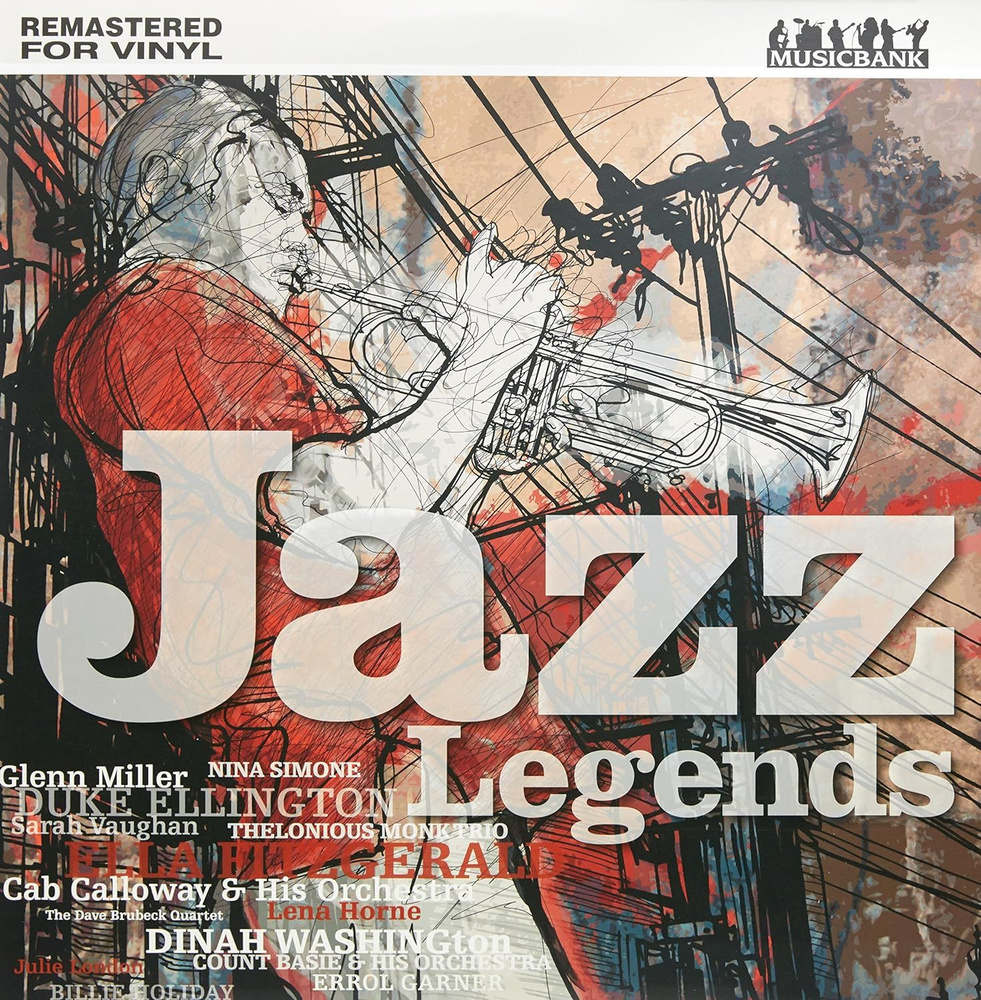
A Legacy of Jazz and Innovation
Sheila Jordan, a legendary jazz singer known for her pioneering work in bebop and scat singing, has passed away at the age of 96. Her death was shared by her daughter, Tracey, through an Instagram post on Monday, August 11. In the message, she described how her mother peacefully passed away at 3:50 p.m., surrounded by music that defined her life. Joan Belgrave, a close friend, played a bebop tune called “Bill for Bennie” by Jordan’s late husband, Marcus Belgrave, as Sheila drifted off to sleep.
Tracey expressed gratitude for the support received from the jazz community and mentioned that funds raised on her mother's GoFundMe page would be used to pay off medical debt and secure a plot for her at Woodlawn Cemetery in the Jazz Corner. A memorial service is planned for the future at Saint Peter’s Church in New York City.
Early Life and Career
Born in Detroit on November 18, 1928, Jordan was raised by her grandparents in Pennsylvania. She moved to New York in the 1950s, where she married Duke Jordan in 1952. During this time, she studied under Lennie Tristano and began performing in jazz clubs, laying the foundation for her influential career. According to AllMusic, despite having a relatively small voice, Jordan made the most of her instrument, earning recognition as one of the most consistently creative jazz singers.
Scott Yanow, a respected jazz historian, praised Jordan for her ability to improvise logical lyrics that often rhymed, her superb scat singing, and her emotional interpretation of ballads. He noted that her contributions helped pave the way for later artists such as Norah Jones and Diana Krall.
Musical Contributions and Achievements
Jordan's career saw her featured on George Russell’s 1962 rendition of “You Are My Sunshine” for his album “The Outer View (Riverside).” The following year, she released her debut album, “Portrait of Sheila,” becoming one of the few singers to lead her own project through Blue Note Records. However, it took a decade before she returned to the music scene, collaborating with Carla Bley, Roswell Rudd, and co-leading a group with Steve Kuhnin in the late 1970s.
By the 1980s, Jordan was recording as a leader for numerous projects, including her final album, “Portrait Now,” released in February. Among her many accolades, she was honored as a 2012 recipient of the National Endowment for the Arts, the nation’s highest honor in jazz.
Recognition and Impact
In a press release announcing her passing, the NEA highlighted Jordan’s exceptional talent as a scat singer and her ability to reach emotional depths in ballads. Whether performing well-known standards or original material, she brought a unique voice to every song. Beyond her musical achievements, Jordan also dedicated herself to education, teaching at the City College of New York and serving as a faculty member for Jazz in July at the University of Massachusetts at Amherst and the Vermont Jazz Center in Brattleboro, Vermont. She conducted workshops internationally, further cementing her legacy as a mentor and educator.
A Lasting Influence
Sheila Jordan’s impact on the world of jazz is undeniable. Her innovative style and dedication to the art form left an indelible mark on the genre. From her early days in New York to her later years as a revered figure in the jazz community, she inspired generations of musicians and fans alike. As her family prepares for a future memorial service, the jazz world mourns the loss of a true pioneer who helped shape the sound of modern jazz.


